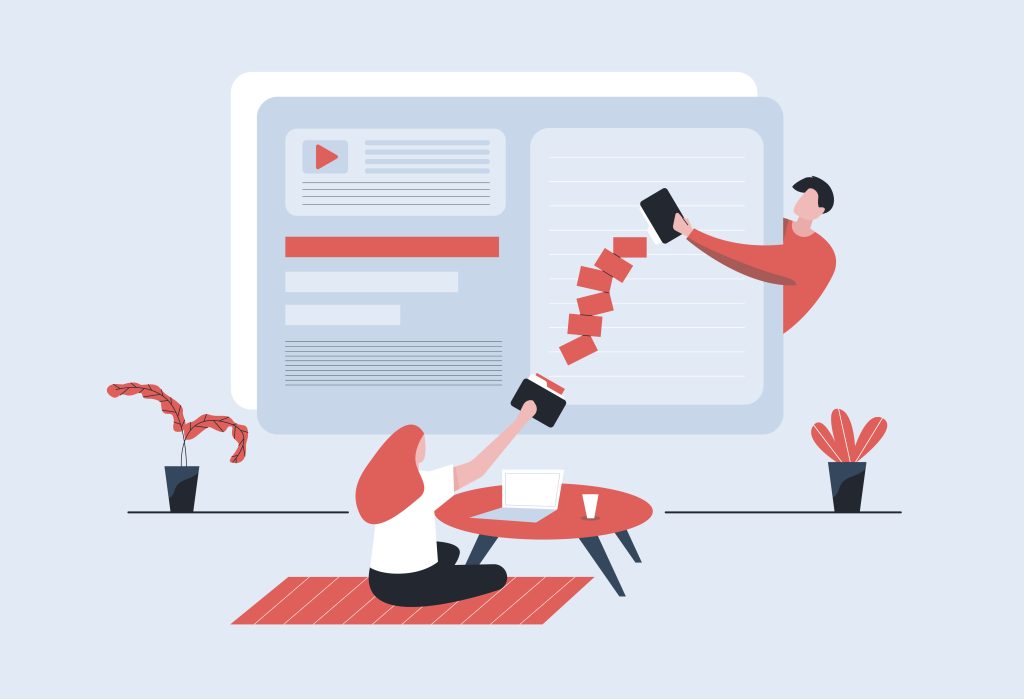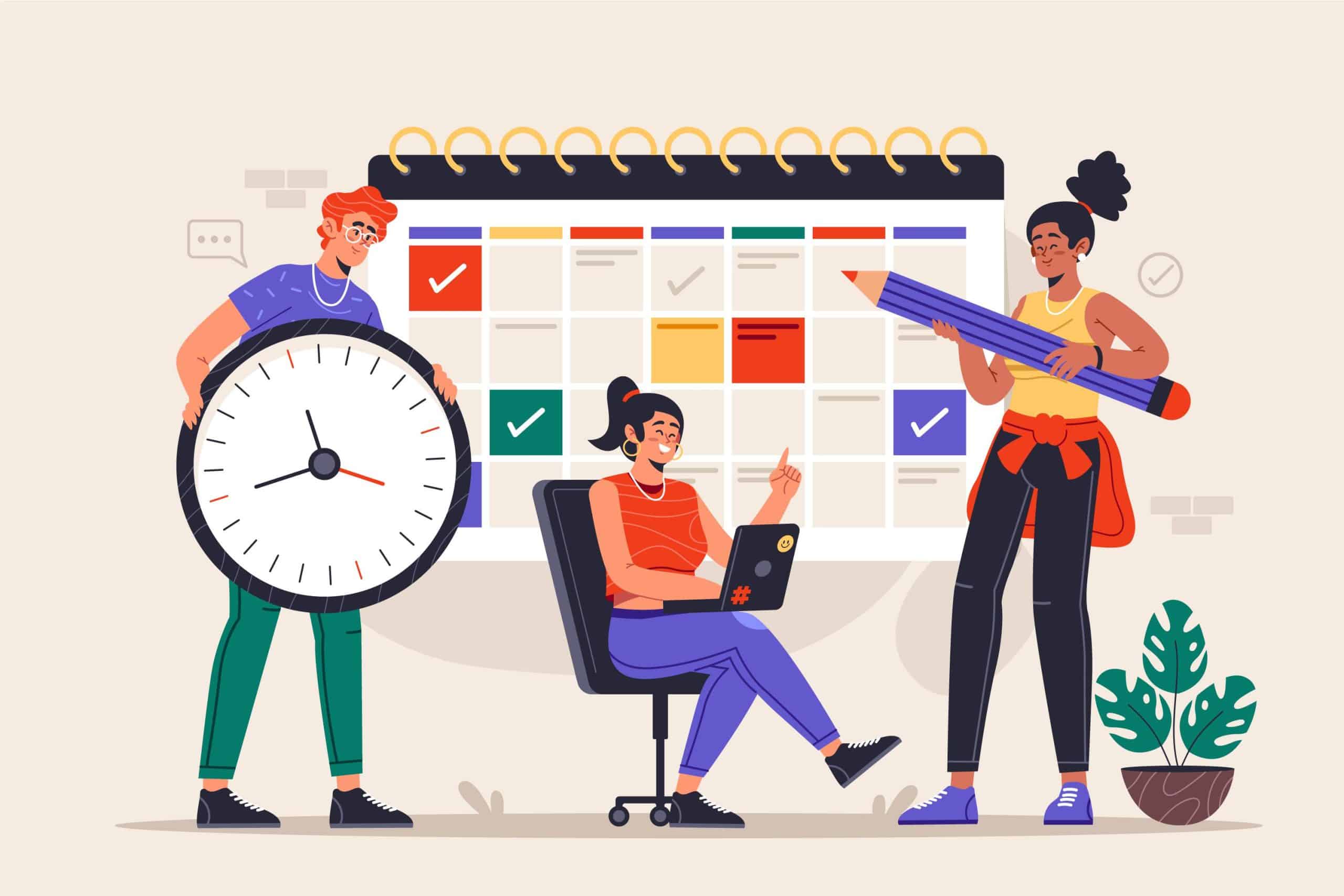In a world dominated by infinite scroll, it’s all too easy to swipe past a sentence we almost appreciated. But what if you instead reread instead of scrolling? That simple act can sharpen your focus, deepen learning, and protect your wellbeing. In this guide, we unpack the science, emerging digital-minimalism trends, and practical tips for making deliberate reading the go-to habit—reread instead of scrolling.

1. The Hidden Value of Rereading
1.1 Improves comprehension and retention
Studies consistently show that screen-based reading—especially involving scrolling—leads to weaker absorption of information compared to rereading on paper. One Macquarie University study highlights that scrolling disrupts retention, while revisiting the same text deepens understanding.
1.2 Builds deeper cognitive connections
Frequent rereading strengthens neural pathways. According to Ness Labs, readers develop improved focus and sustained attention capacity compared to skimming social feeds. Meanwhile, sustained reading—particularly narrative—enhances brain connectivity.
1.3 Deters zooming into doomscrolling
The “doomscrolling” trend—endless, anxiety-inducing consumption of negative news—is now recognized to worsen stress, depression, and sleep issues. Choosing to reread instead of scrolling interrupts this harmful loop and reclaims your attention.
2. Digital Minimalism: A Rising Movement
Emerging from the digital wellness wave, the digital minimalism trend—noted in April 2025—advocates for cutting back mindless screen use, including doomscrolling, in favor of deeper, more meaningful interactions. Its principles:
- Break infinite scroll cycles
- Reallocate time toward thoughtful reading
- Cultivate offline mental space
Early studies of “MinimalistPhone” use show improved focus and reduced screen addiction symptoms.
3. Why Reading > Scrolling
3.1 Skimming isn’t comprehension
Skimming headlines or bullets can be useful when searching—but it lacks depth. A University of Tennessee report asserts skimming is for locating known facts, not true understanding.
3.2 Infinite scroll diminishes memory
Research in Social Media + Society explains how infinite scroll design induces “normative dissociation,” reducing recall and awareness. Adding friction—like requiring users to react before seeing more—improved recall dramatically.
3.3 Rereading trains attention
A Reddit thread on r/literature notes:
“Reading books will expand your attention span and patience levels…make you even less inclined to scroll.”
This sentiment mirrors research that revisiting text builds attention architecture—something fast scrolling never offers.
4. Practical Guide: Swap Scroll with Reread
Step 1: Recognize the trigger
Identify your “scroll cues”—boredom, anxiety, or habit. Awareness matters to preempt scroll spells.
Step 2: Apply “Design Frictions”
- Hide social apps in folders
- Turn off auto-scroll
- Use browser plug‑ins that force you to pause
These micro-barriers reset your pace and nudge you back to reading.
Step 3: Reread with intent
Choose one of the following:
- A paragraph that resonated (“this phrase stuck with me…”)
- A favorite poem, explainer, or news story
Reread slowly—highlight, question, mentally summarize.
Step 4: Embrace digital minimalism
Block out phone-free times—morning, meals, pre-sleep. Try short digital detox periods: one evening offline a week. Start small and build .
Step 5: Reflect and share
Write a sentence or two about what you reread—and why it mattered. Share with a friend or in an online group for reinforcement.
5. Case Studies & Emerging Trends
5.1 Teen health crisis & reading
Teen doomscrolling is linked to rising anxiety and attention issues . Promoting the habit of rereading—versus scrolling—offers a tangible alternative for schools and parents.
5.2 TikTok and infinite scroll addiction
New research shows that teens on TikTok, especially girls, struggle to self-limit due to endless scroll designs. Rereading—even short essays or stories—can build resistance by exercising attention muscles.
5.3 Emerging plugins & app features
Tech designers are experimenting with slowdown techniques—prompts, forced pauses, or reaction controls. The research by Ruiz et al. suggests such frictions help users recall more than continuous scrolls.
6. Three Steps to Start Today
- Pick a piece: a breathing exercise, a memo, a poem—the idea is to savor.
- Reread it 3×: slow read, annotate, summarize mentally.
- Limit your scroll: set a 5‑minute limit before bedtime to reread instead.
Final Thoughts
While endlessly scrolling may feel productive—or at least entertaining—the science is clear: it fragments our attention, dampens memory, and can harm mental wellbeing. Instead, for your next micro-moment of boredom or stress, choose to reread instead of scrolling. It’s an act of kindness to your mind—a pause that can restore depth, clarity, and presence in a fast-paced digital world.
References
- Reading on screens vs paper: Macquarie University research on comprehension & retention phys.org
- Digital minimalism research & attention gains abc.net.au+4elisplace.org+4startmywellness.com+4
- Doomscrolling mental health impacts in teens medium.com+8dailytelegraph.com.au+8verywellmind.com+8
- Study on infinite scroll & memory recall arxiv.org
- Screen reading vs print comprehension disparities en.wikipedia.org
- Reddit user on attention and patience gains






